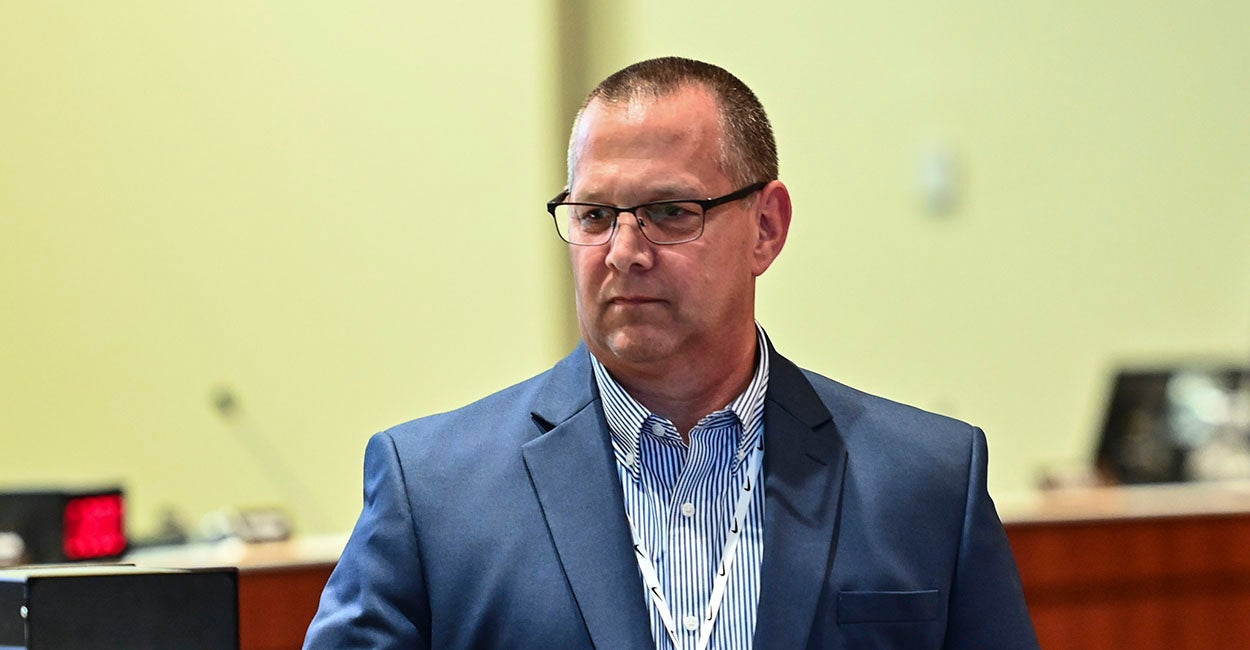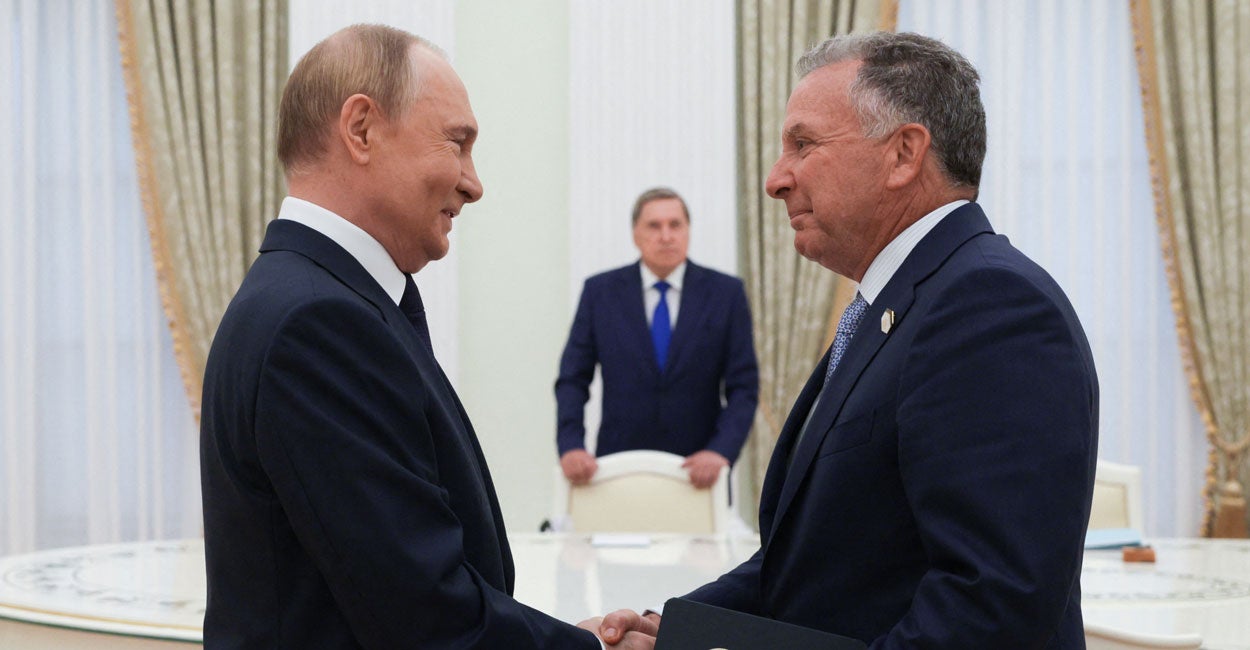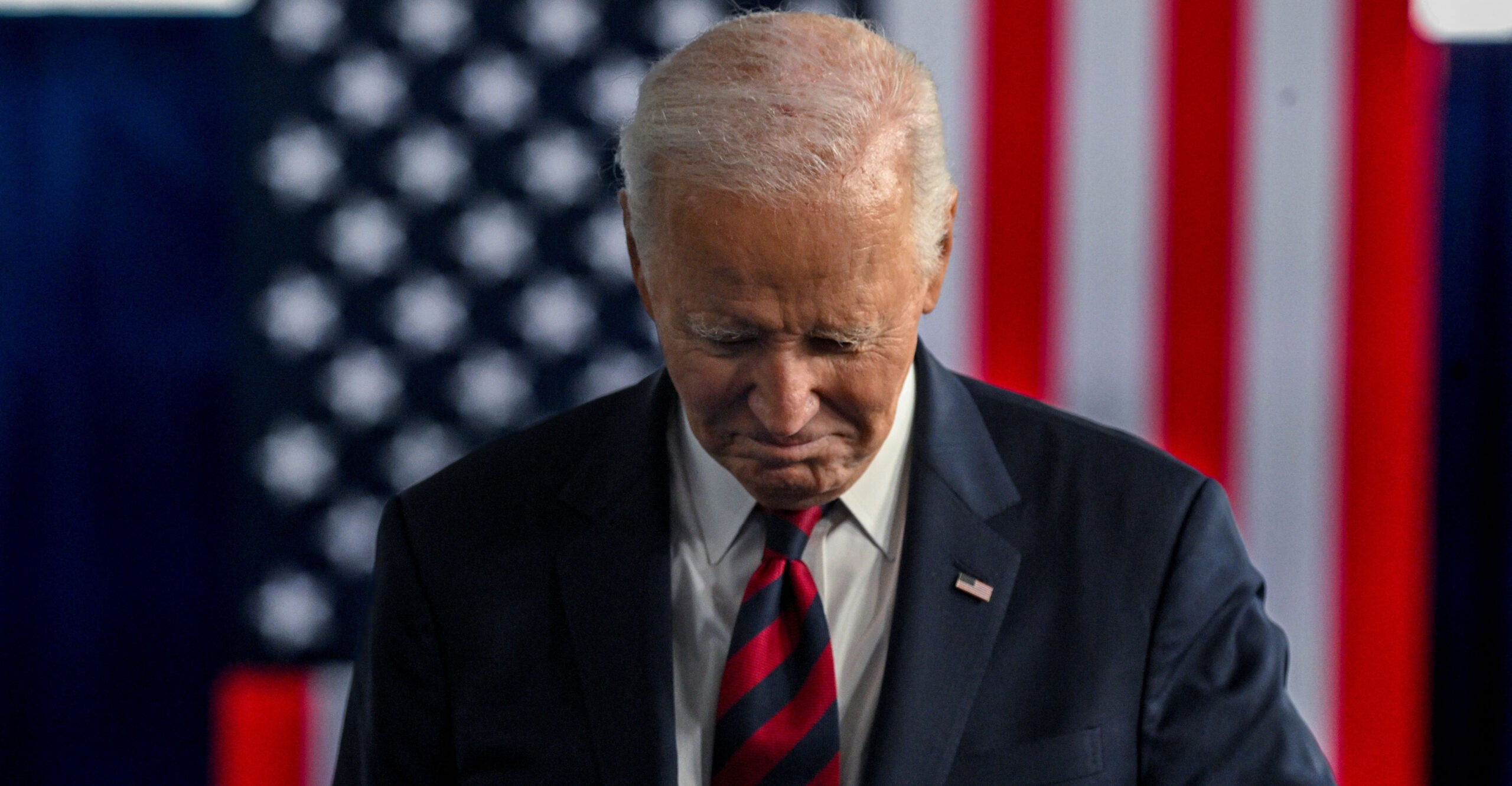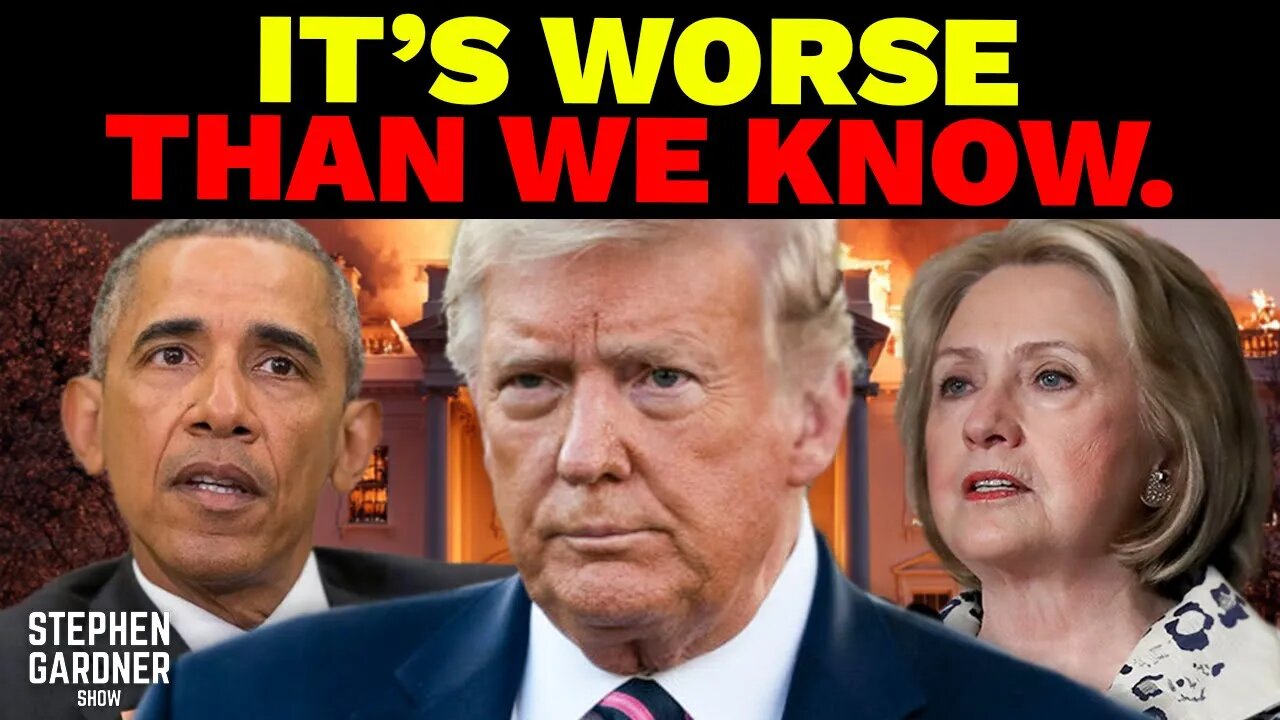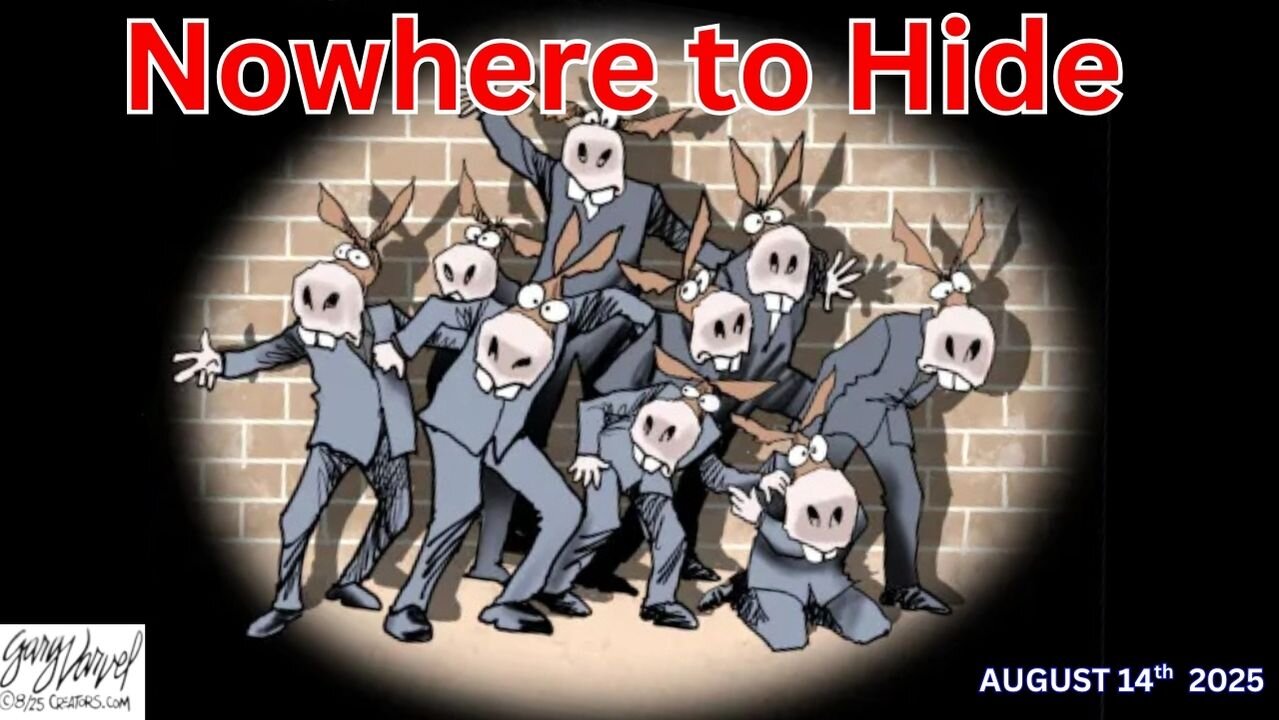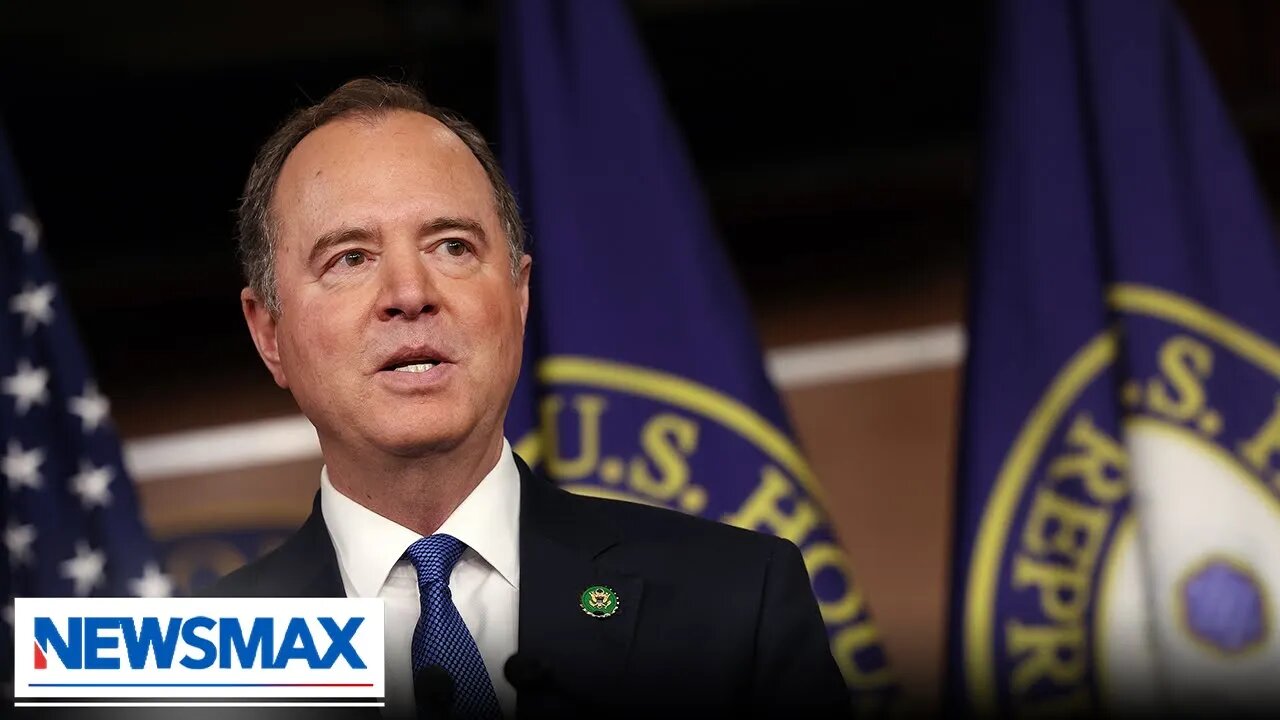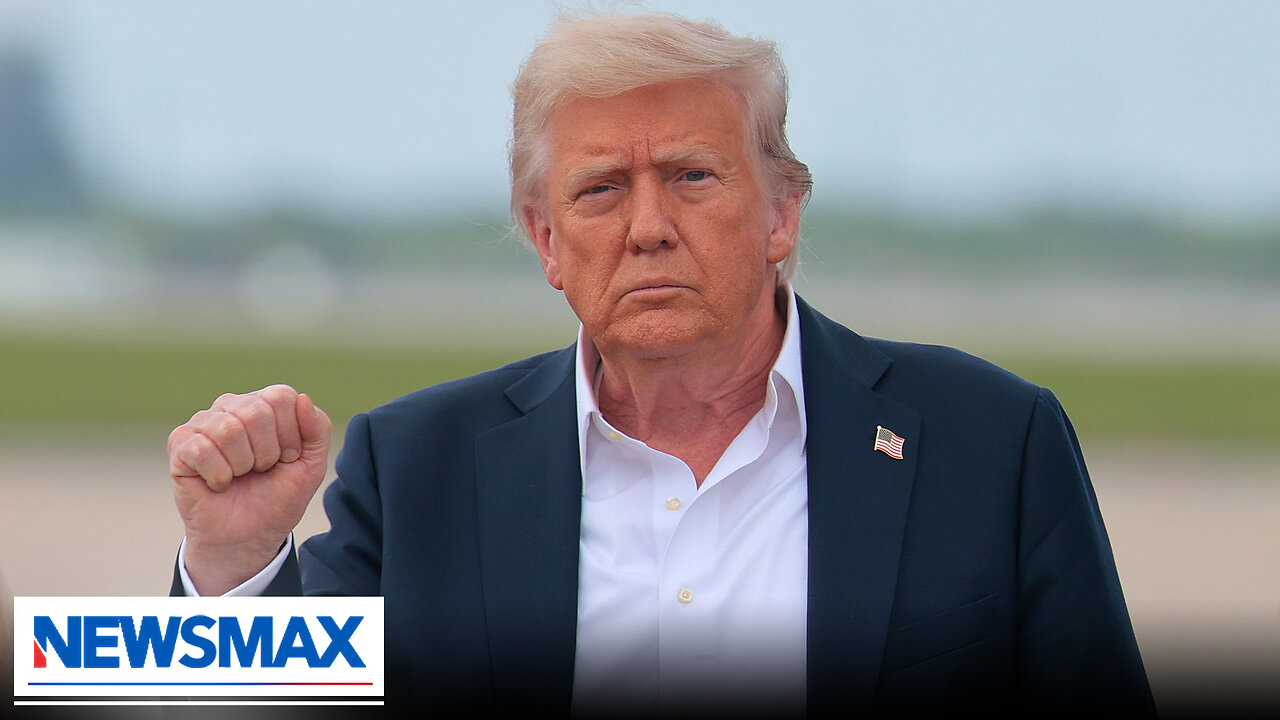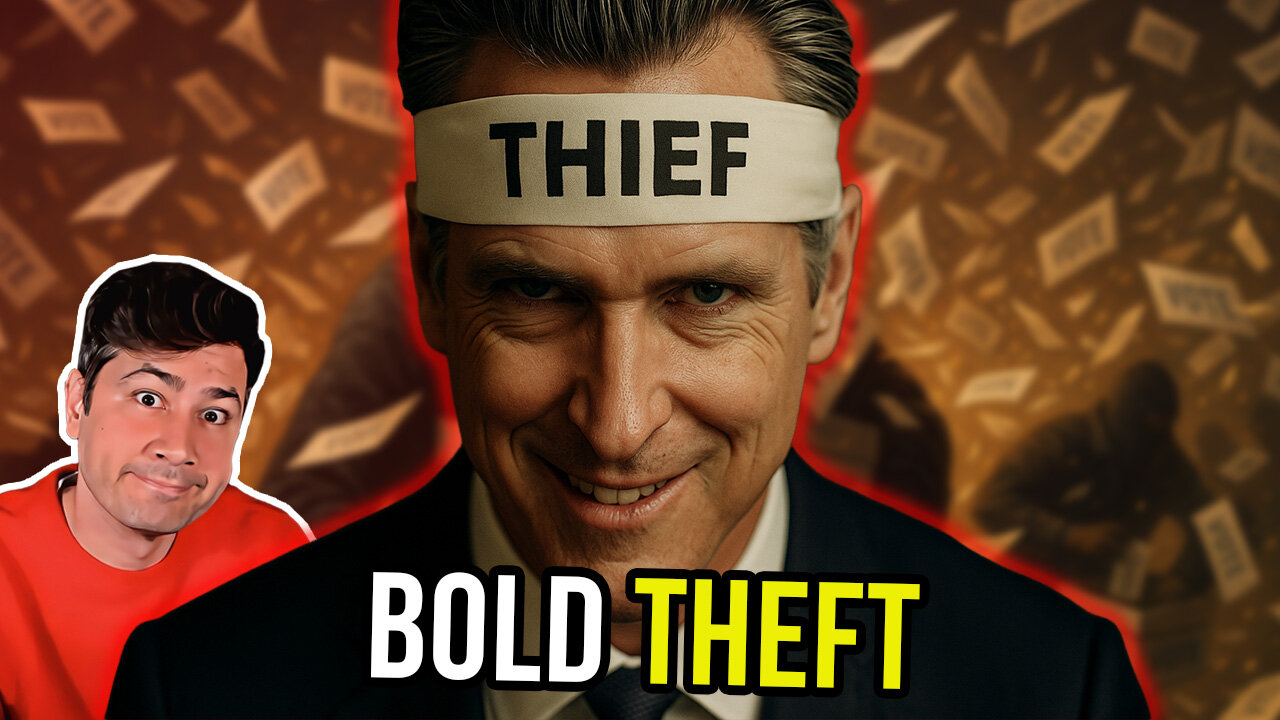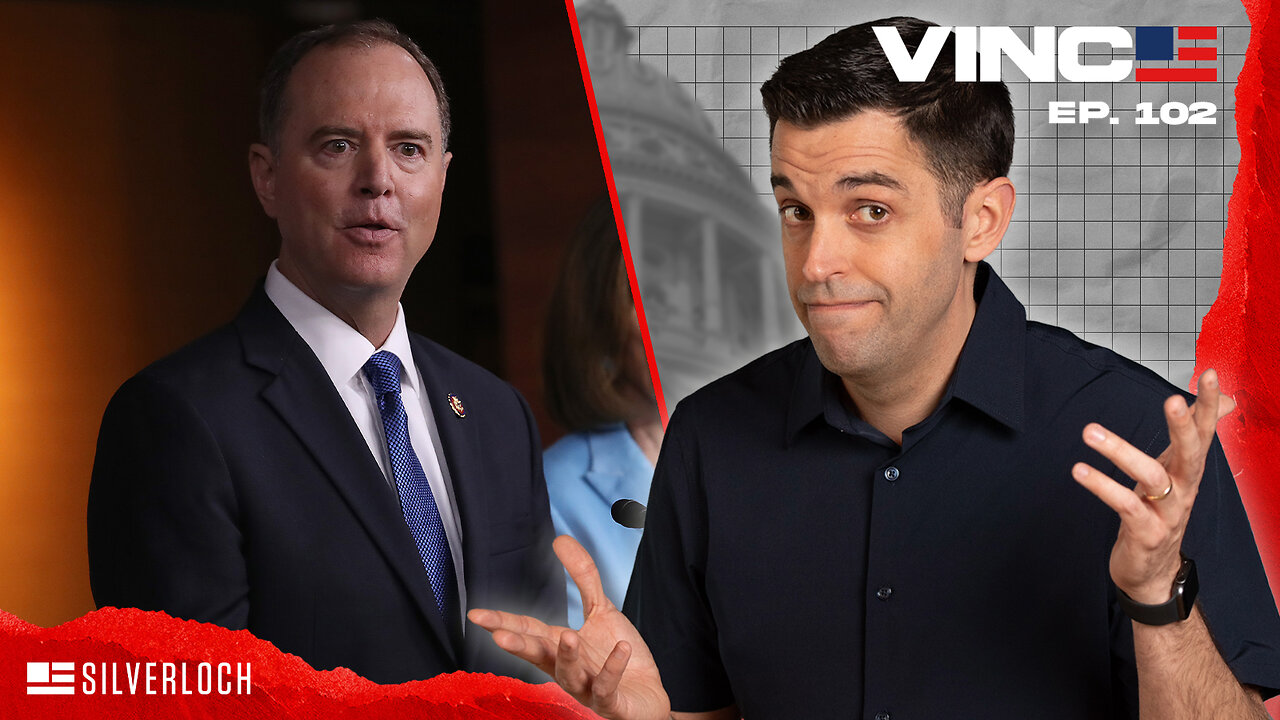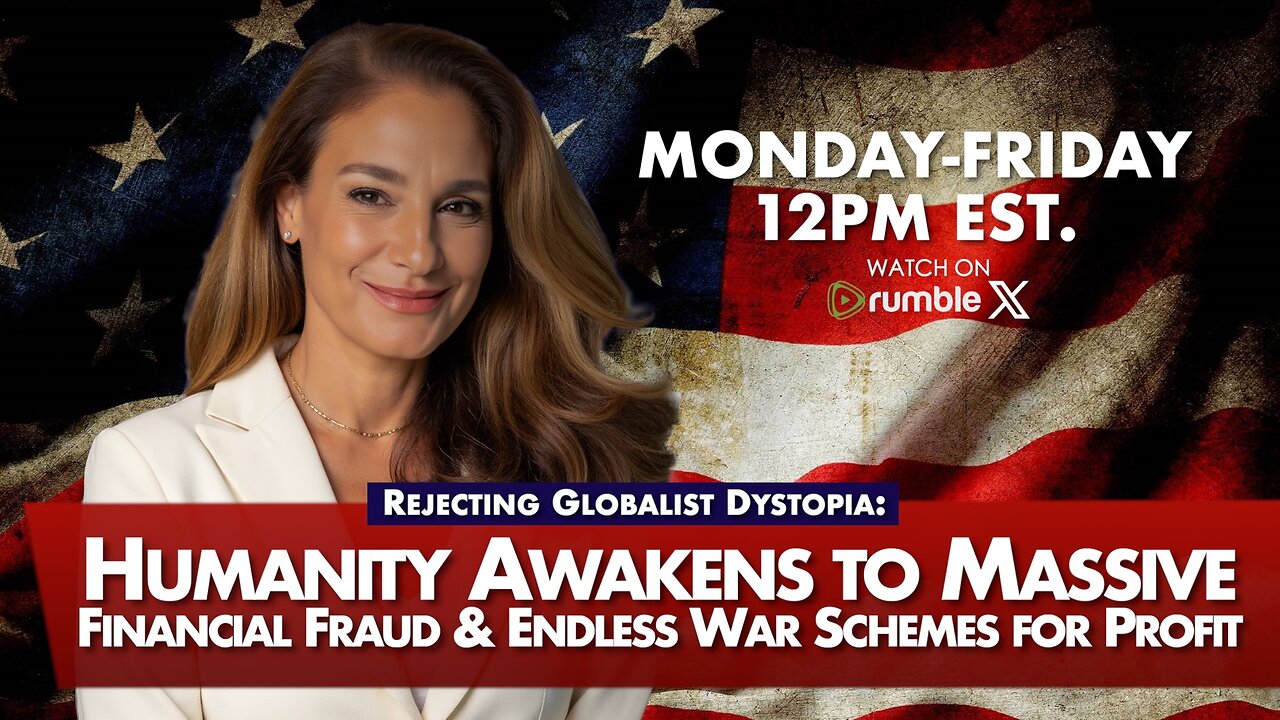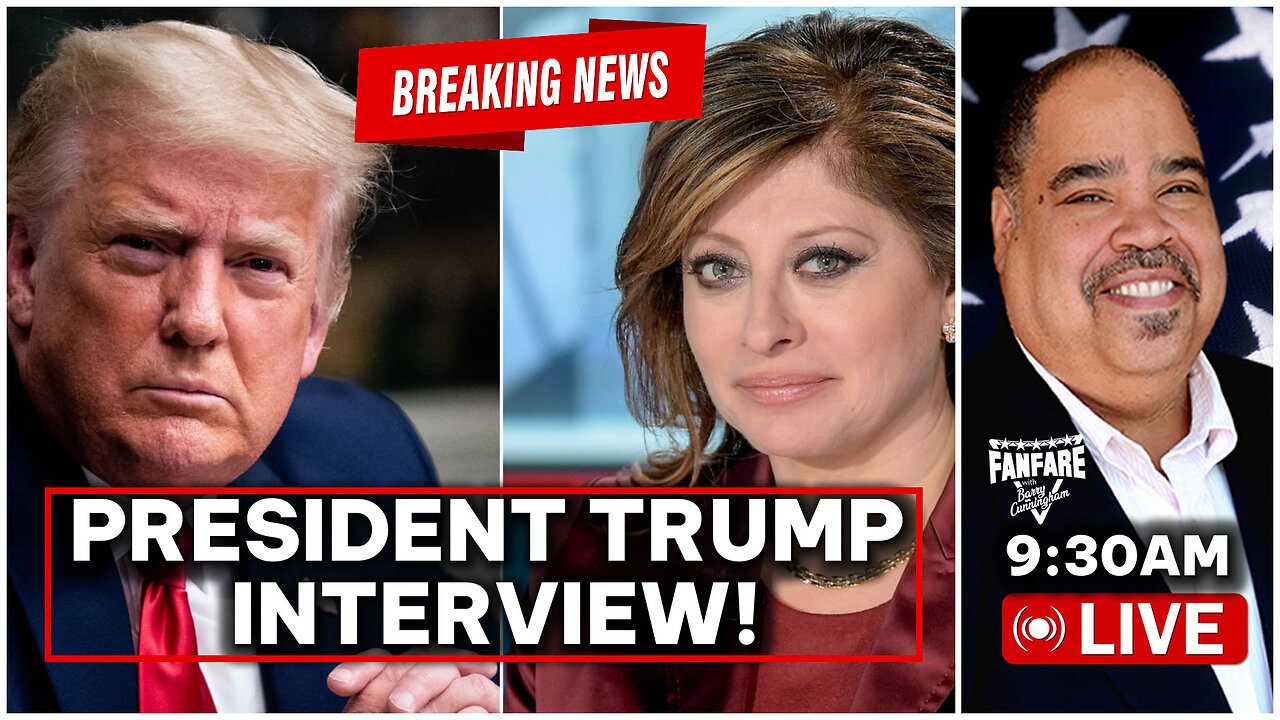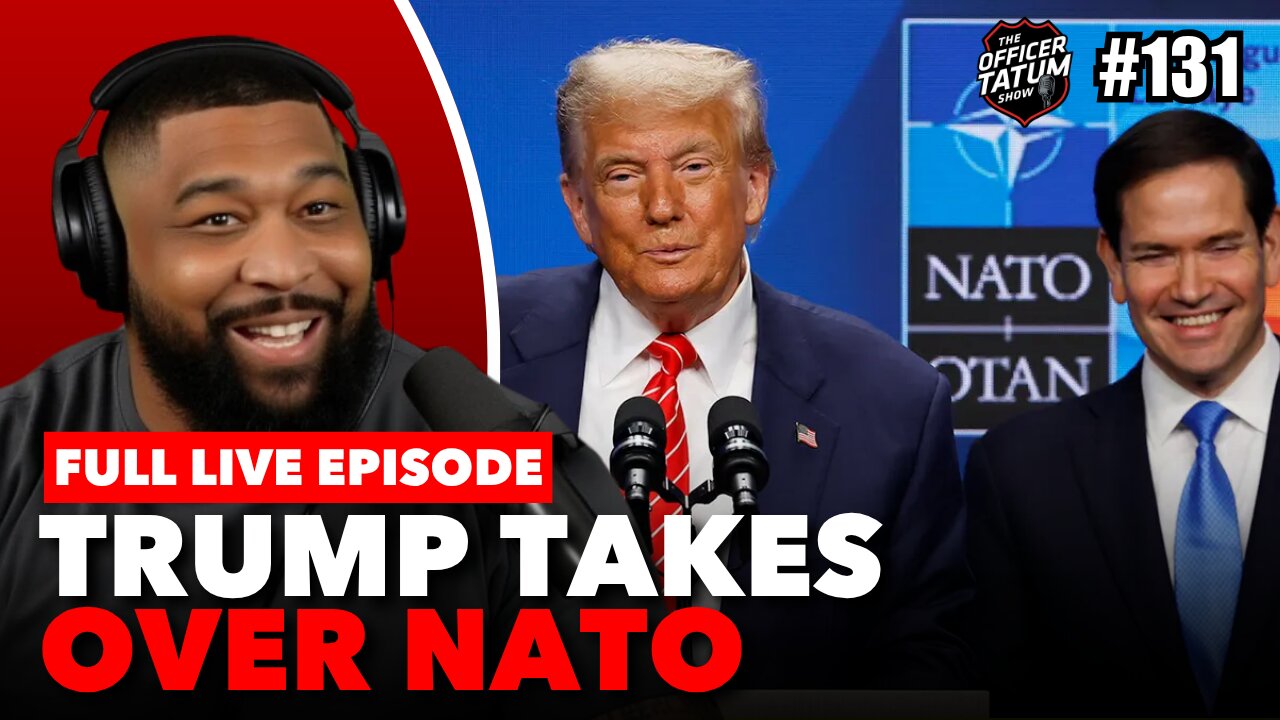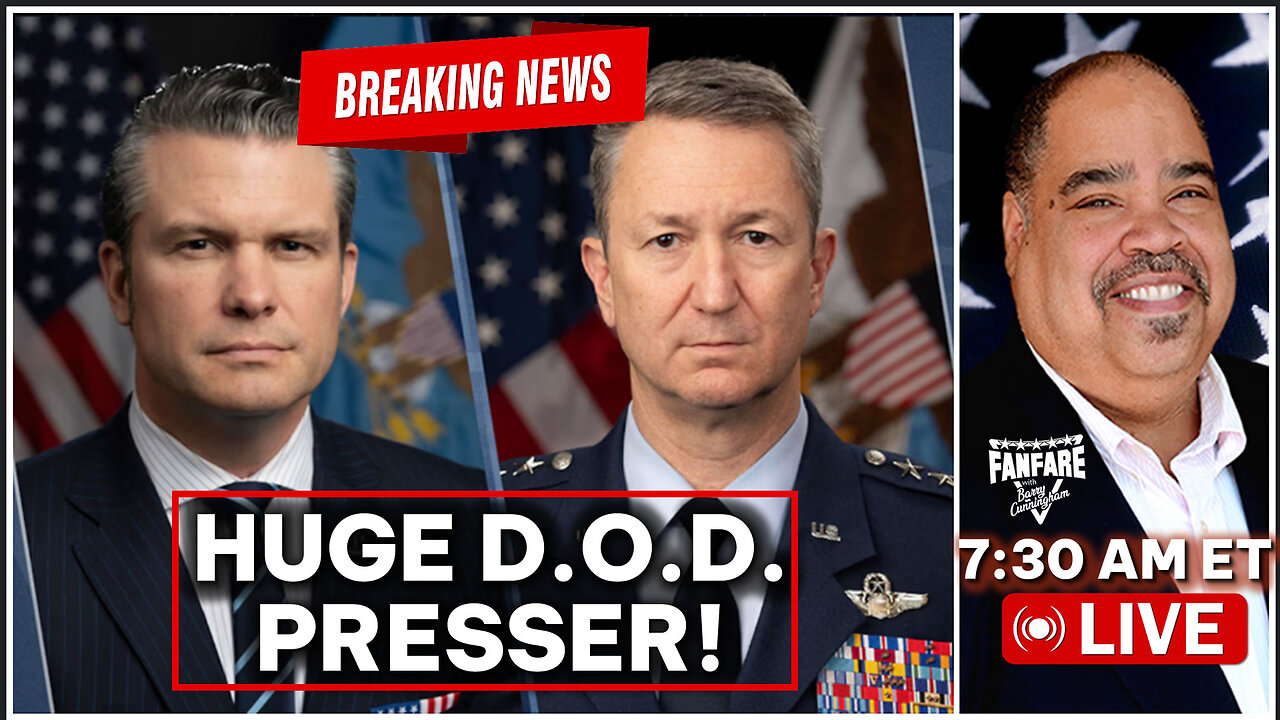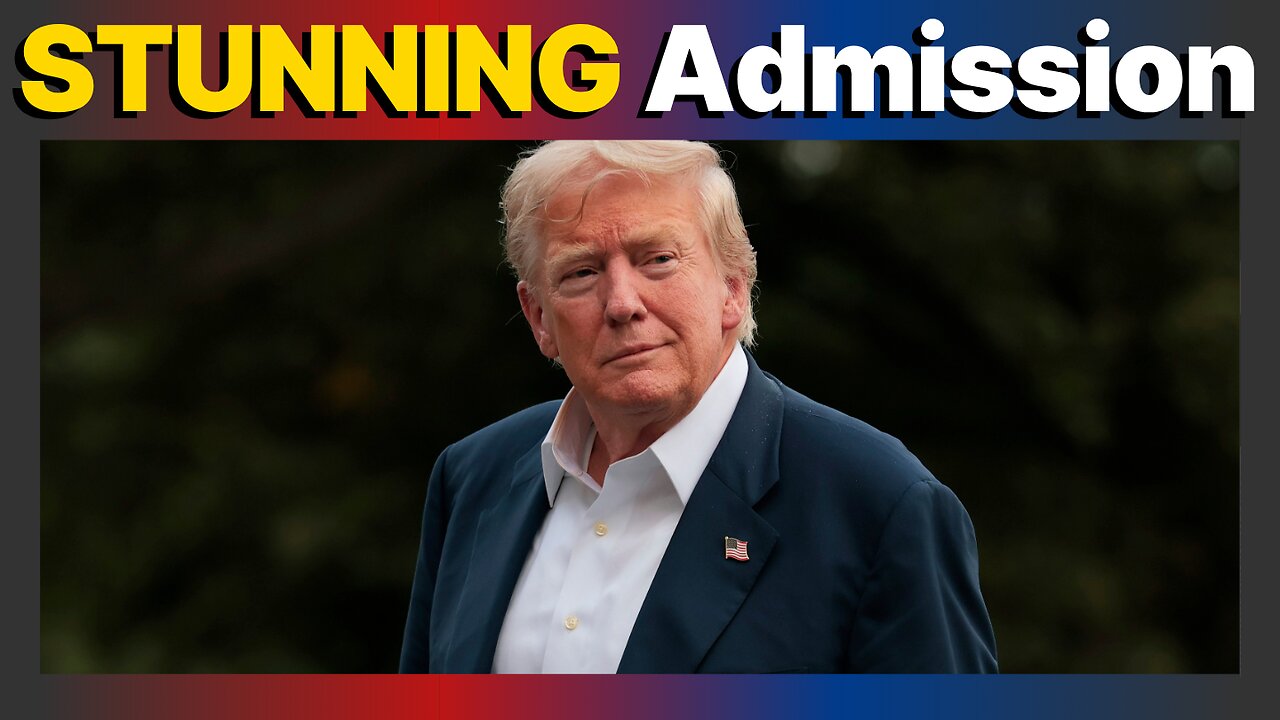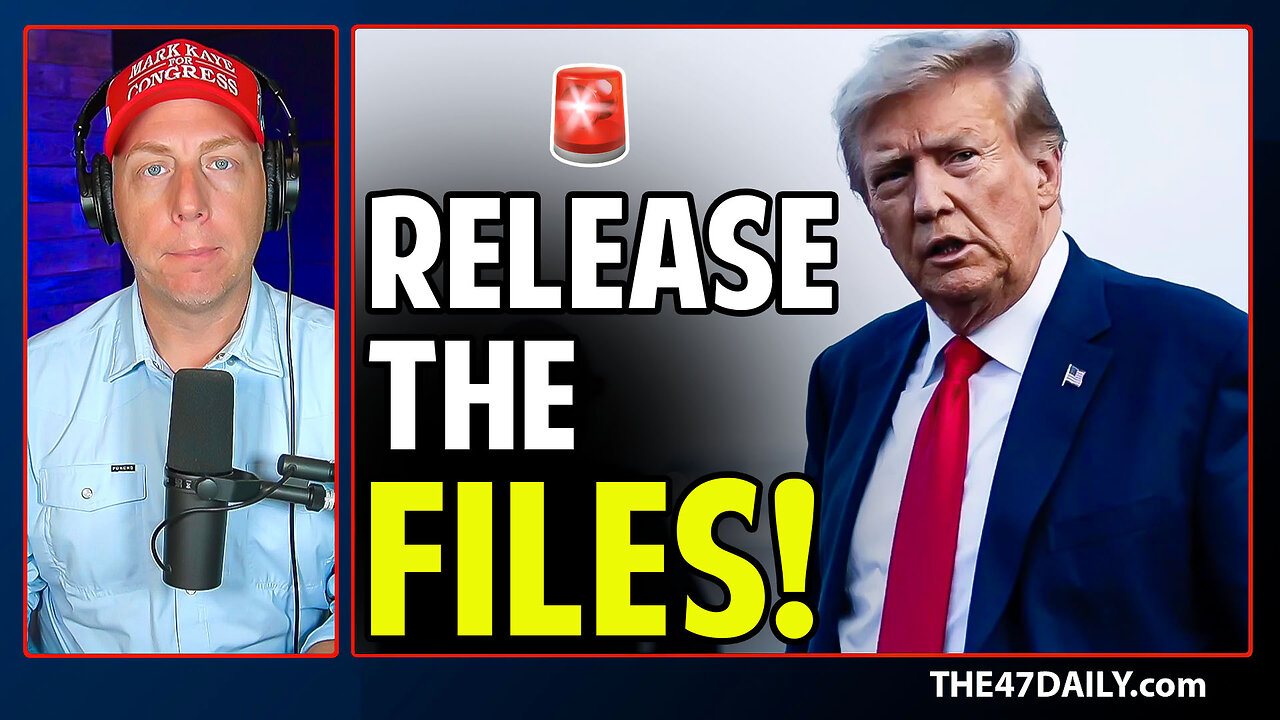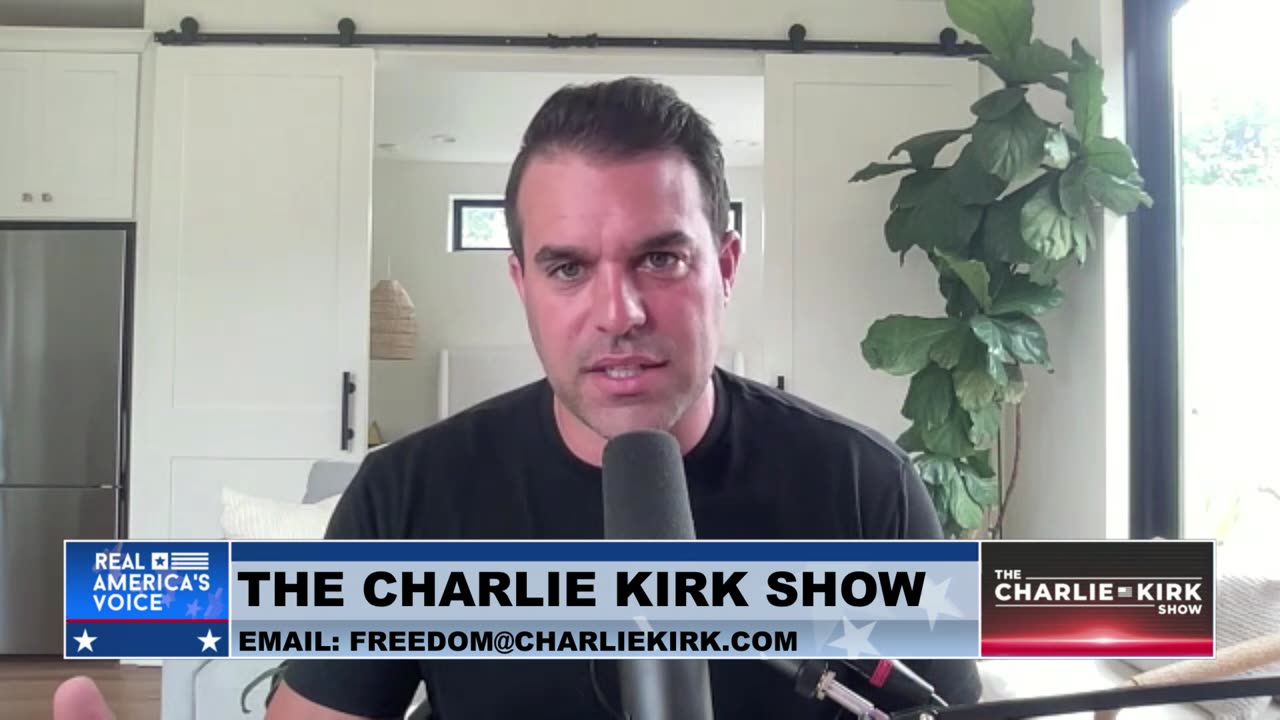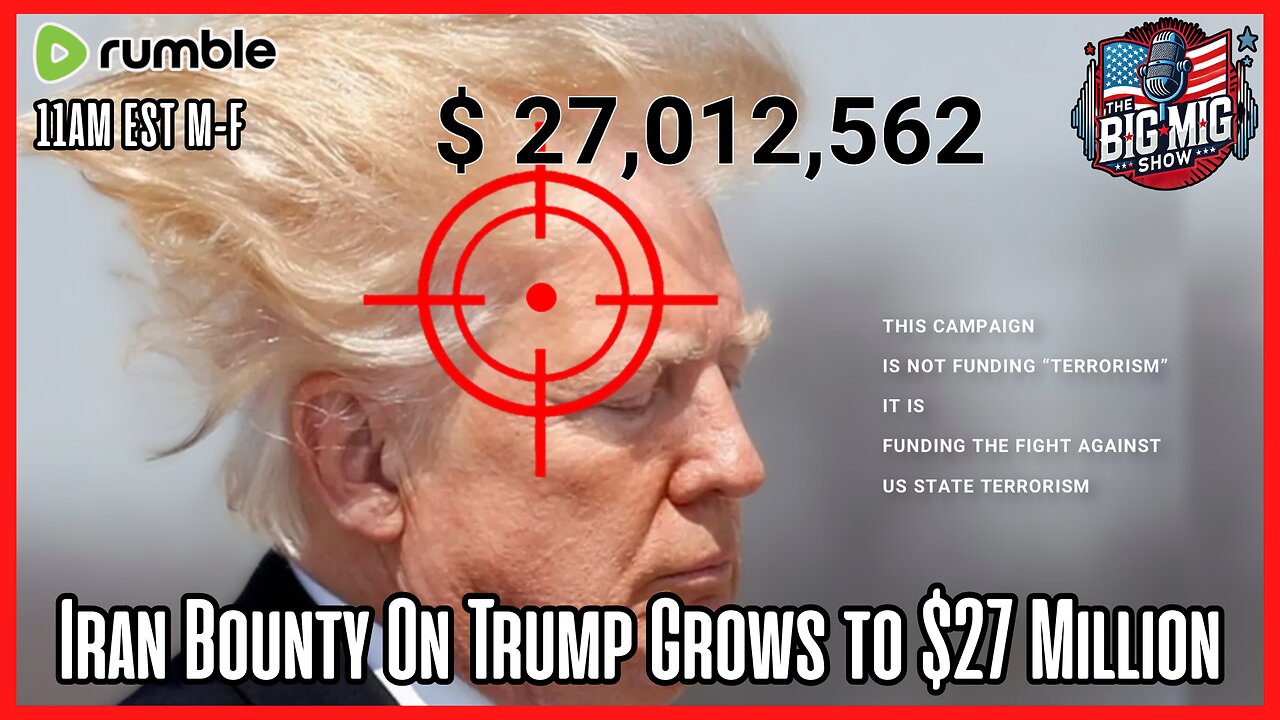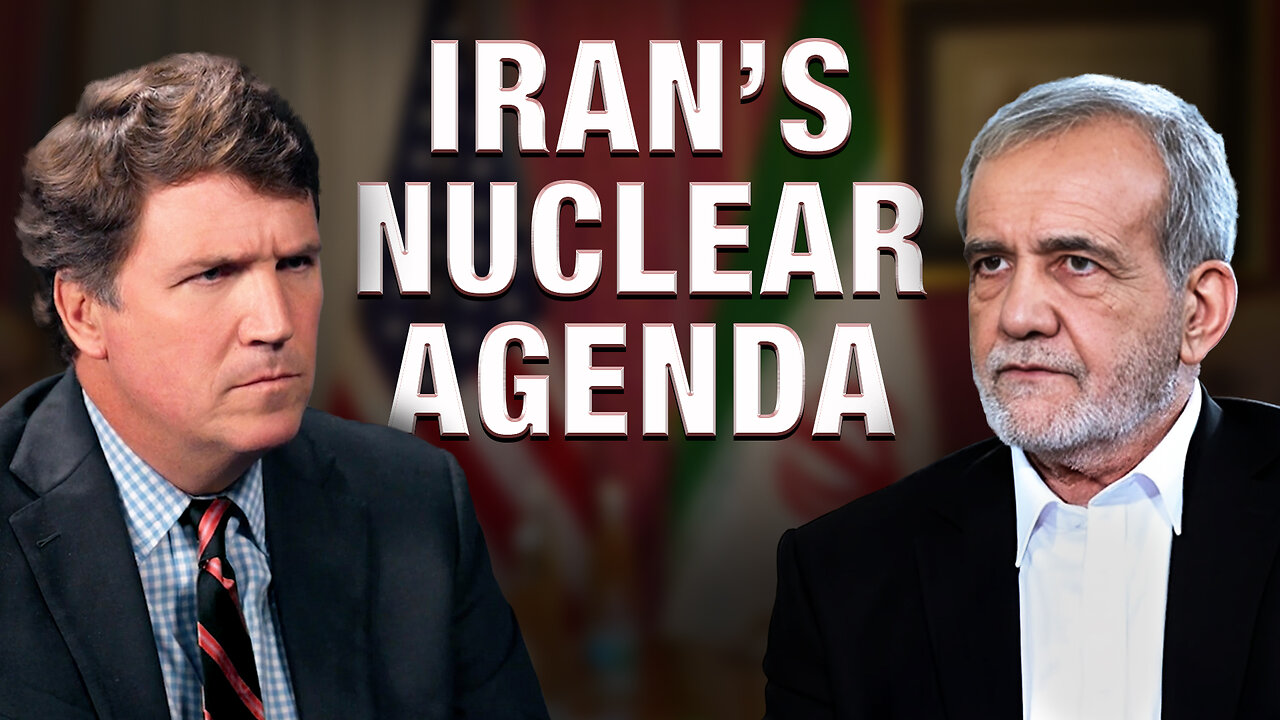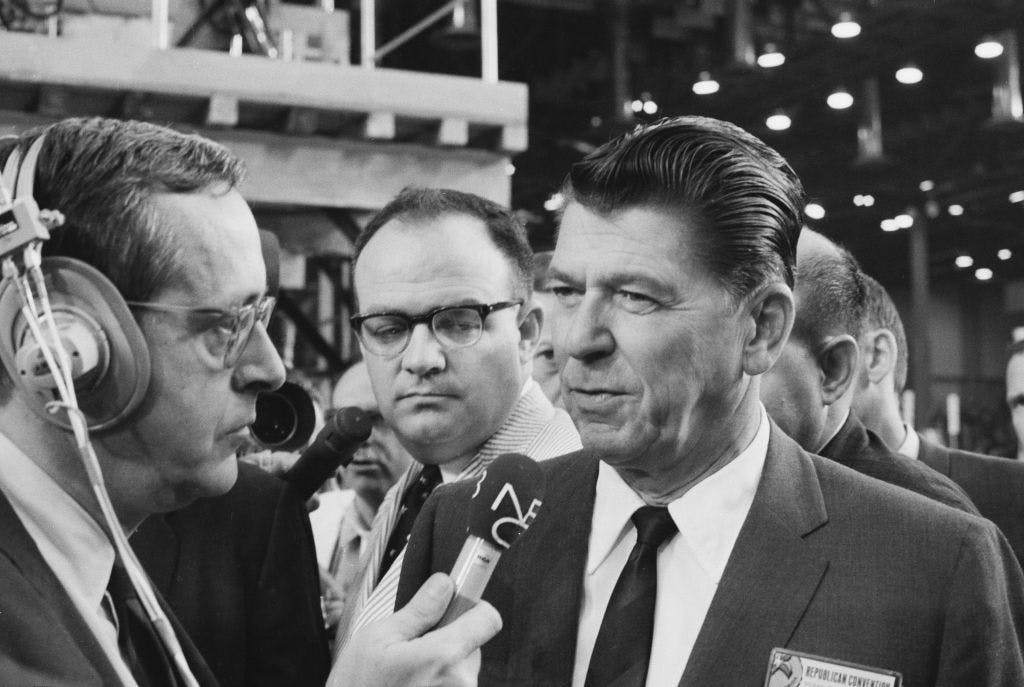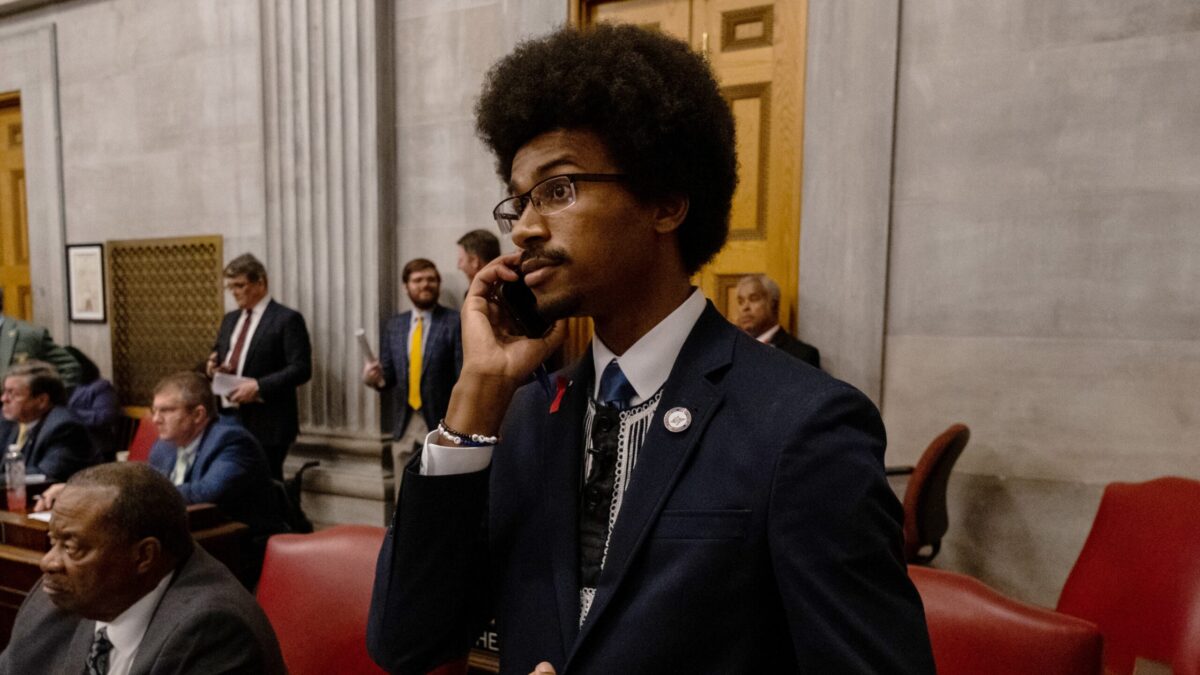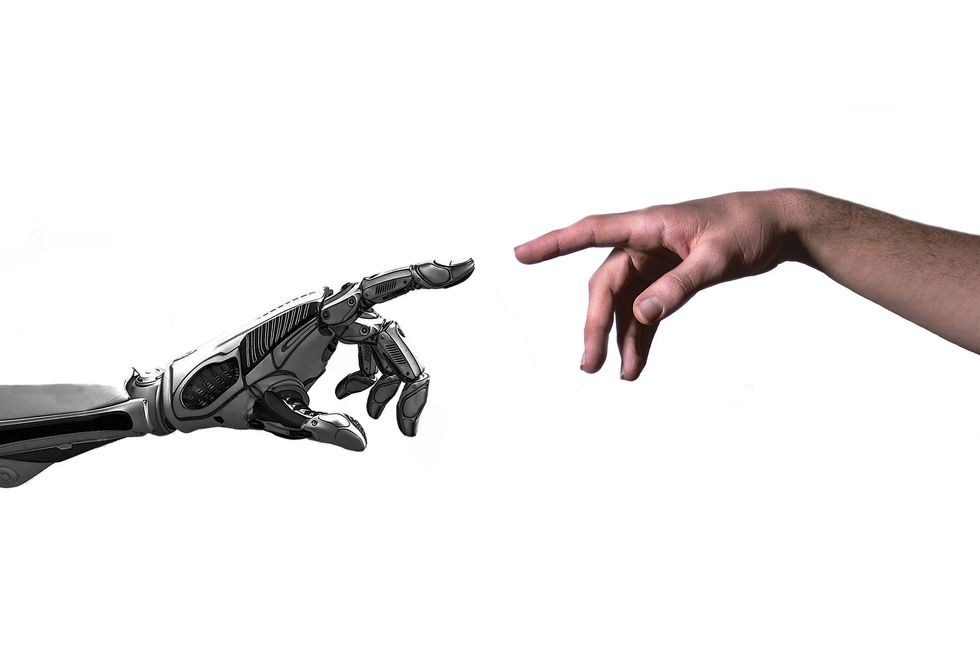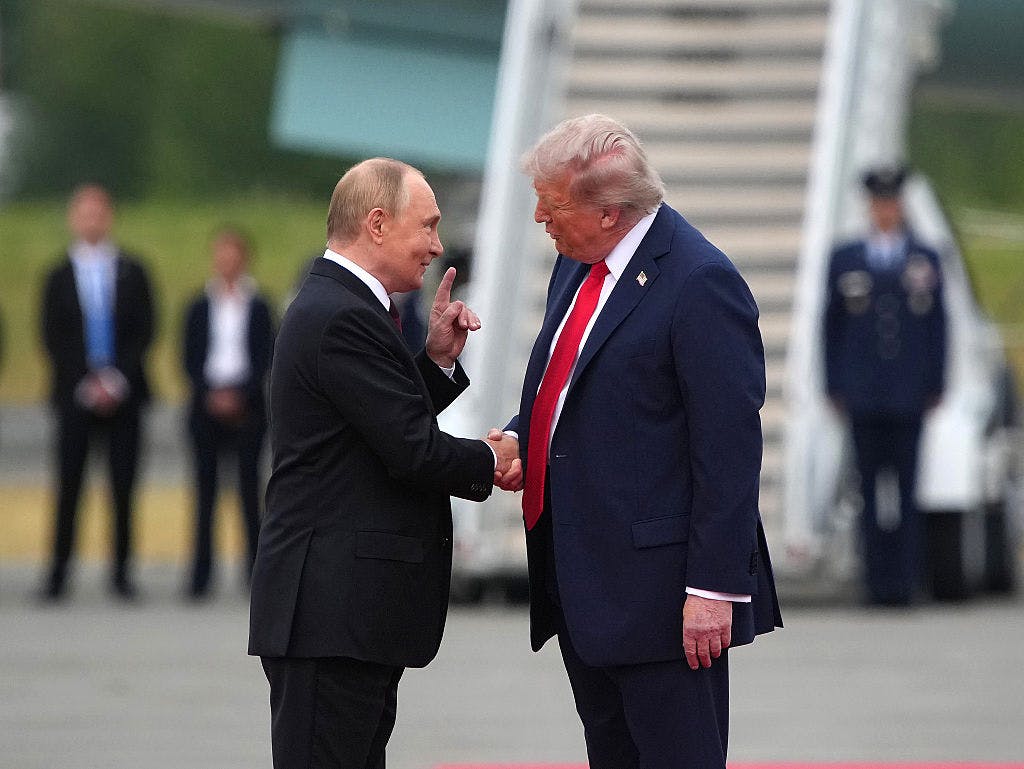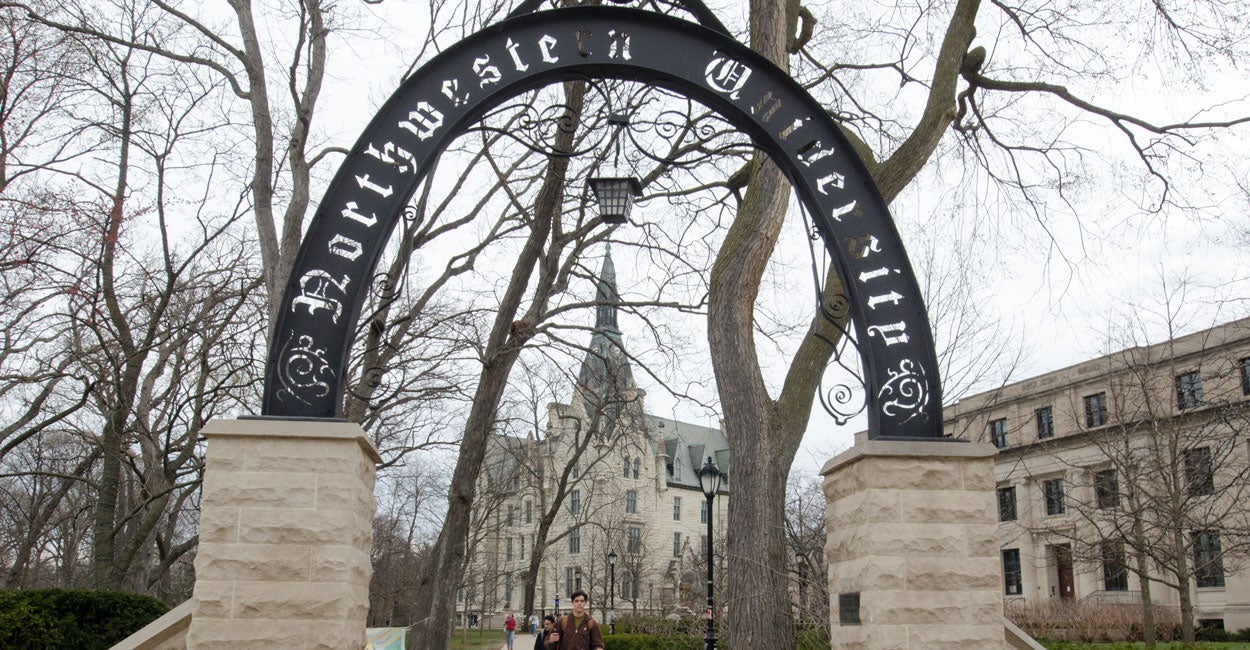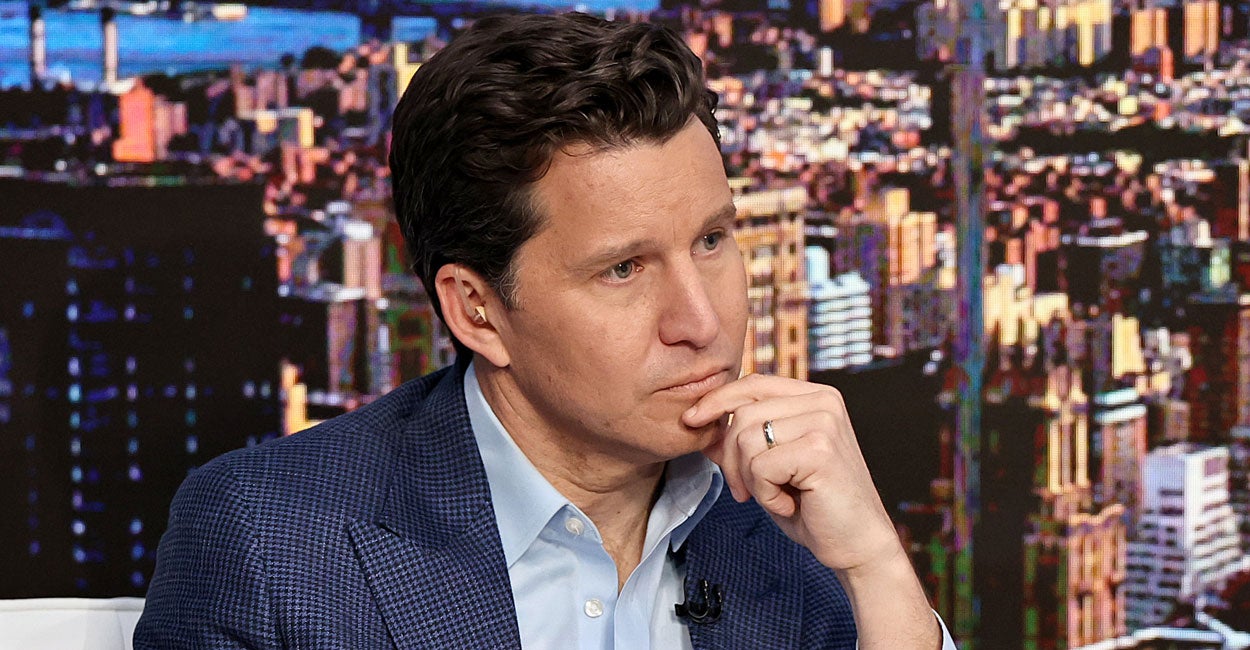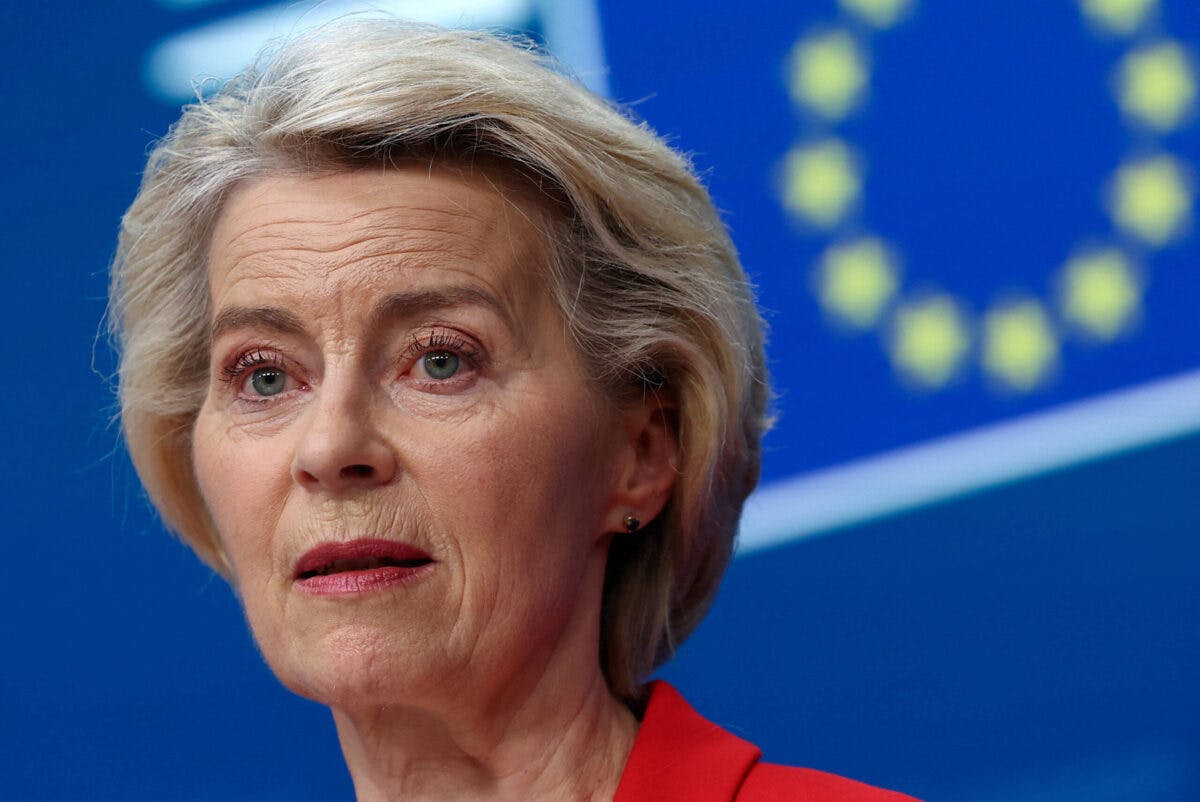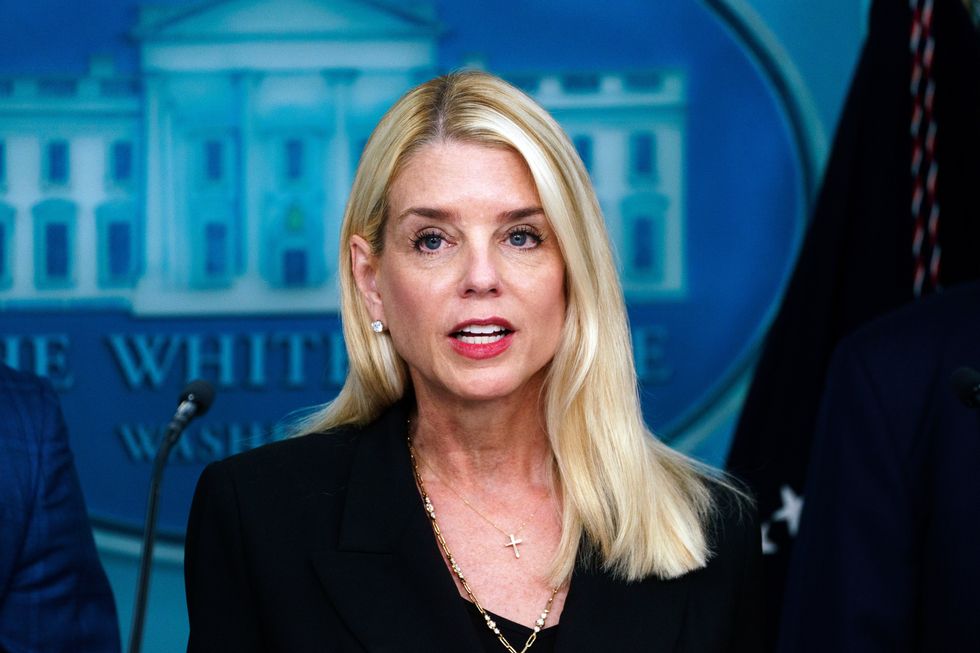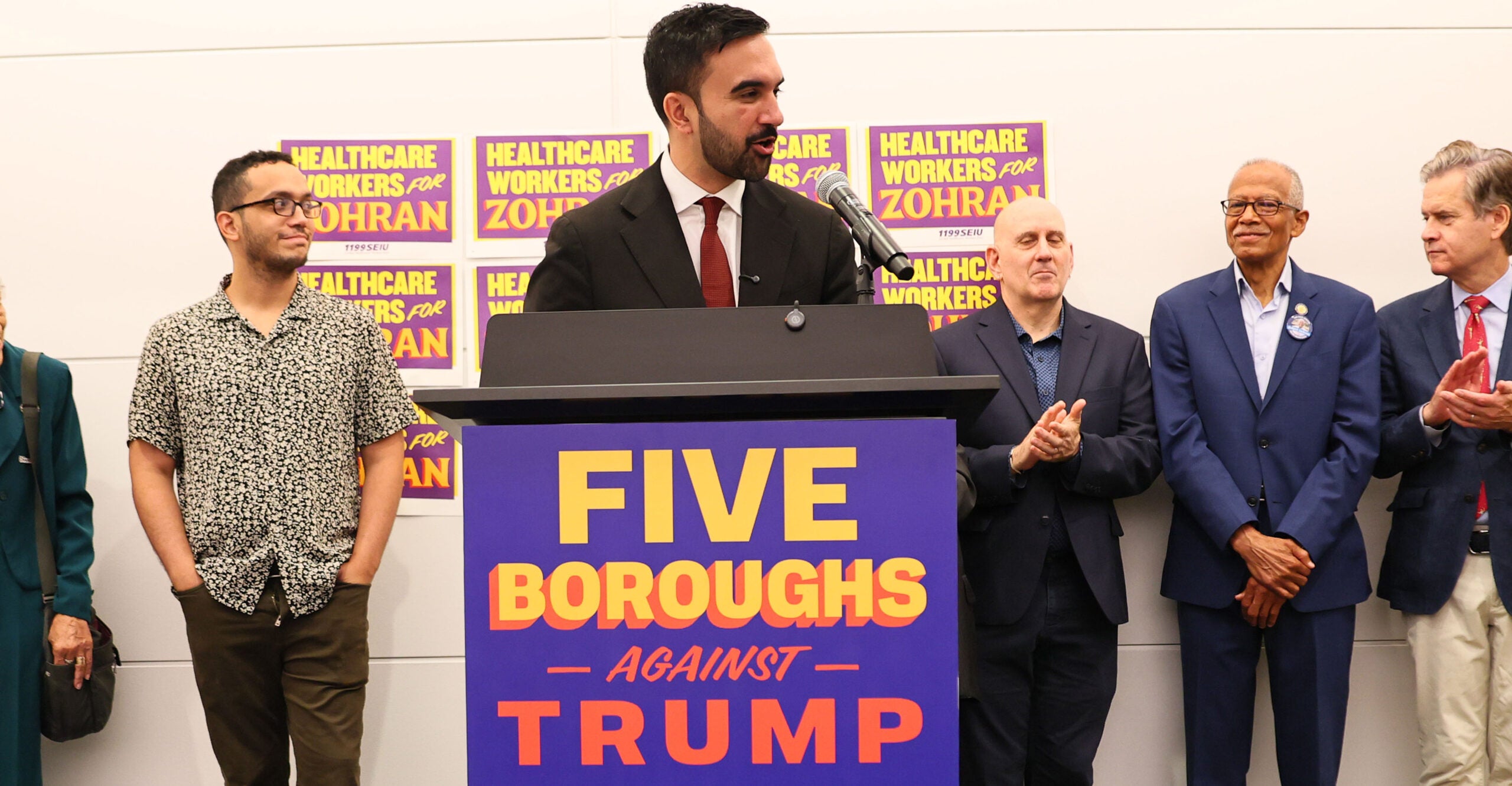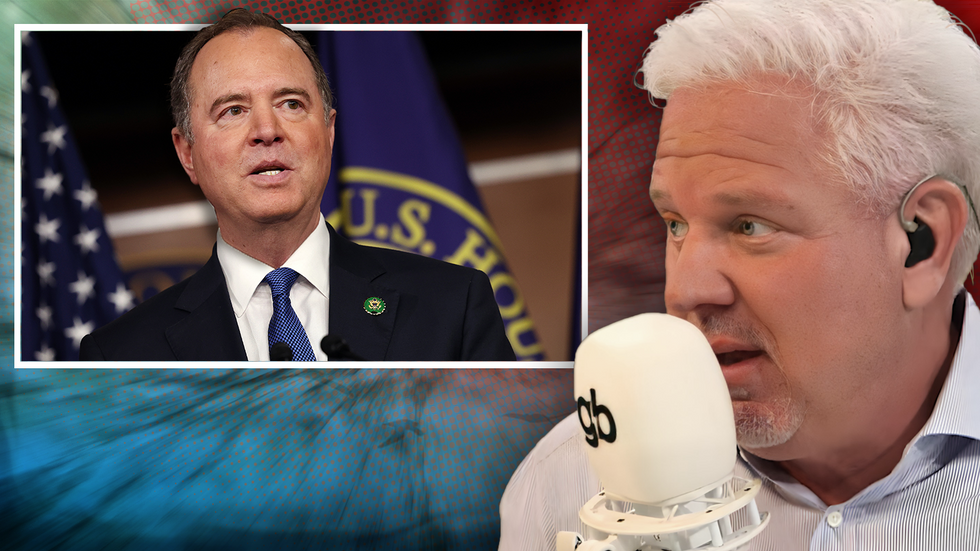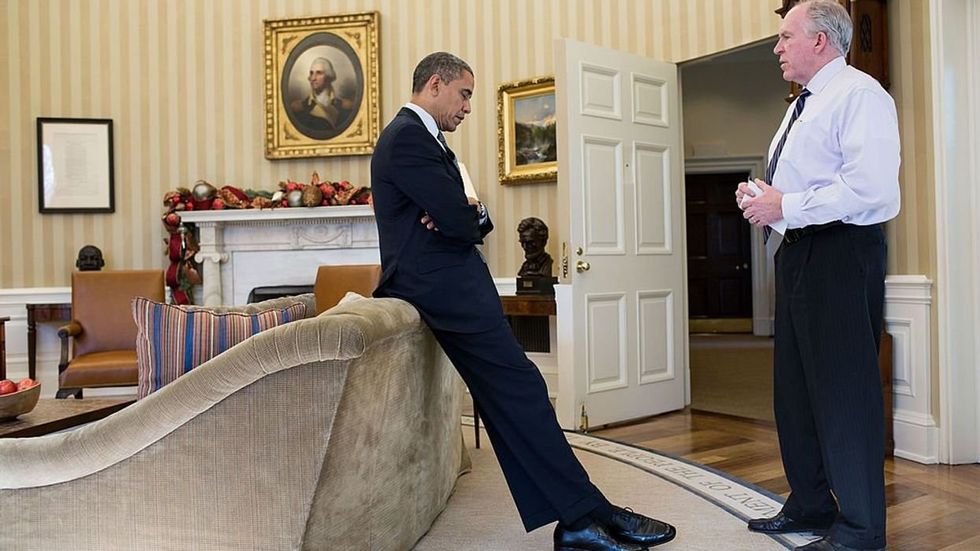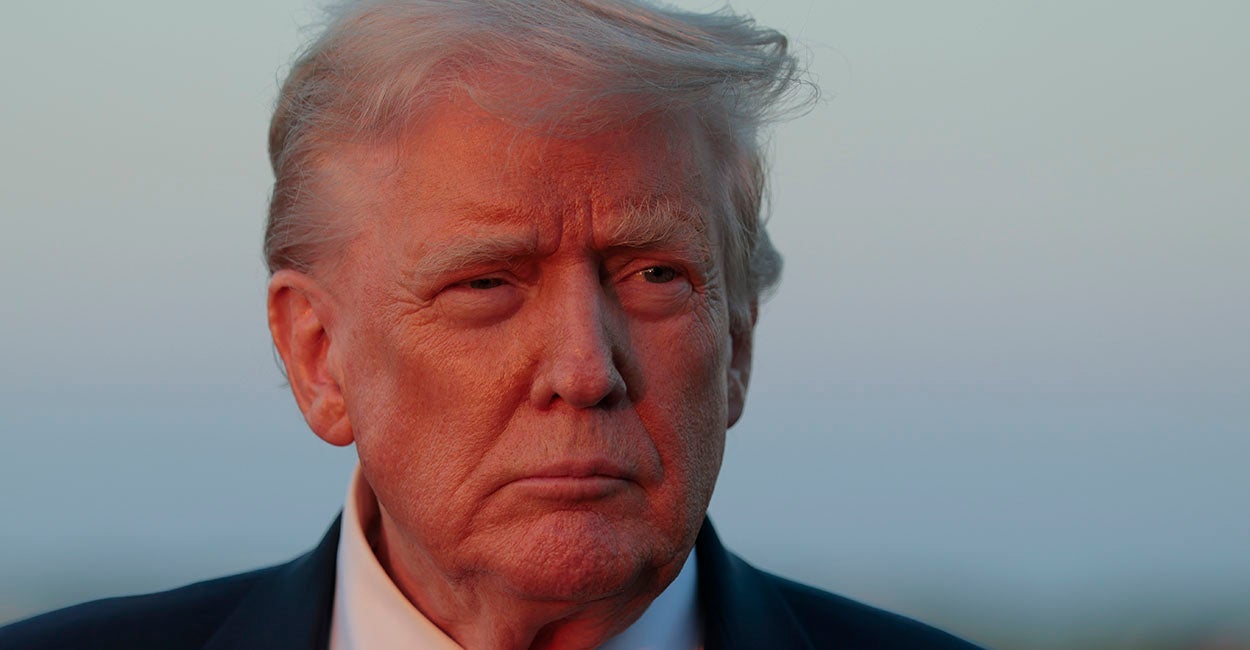Before Trump, FDR Had His Own Unelected Millionaires Come To Washington
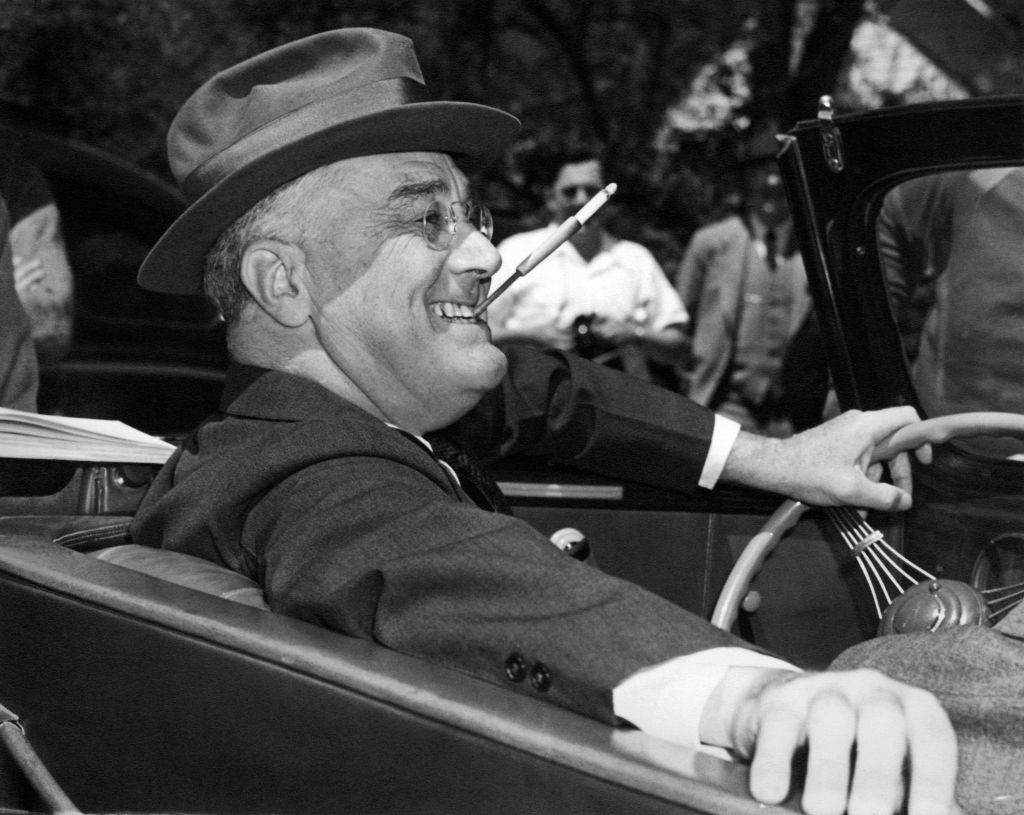
On July 30, 1941, a wan, painfully gaunt man in his early fifties was chauffeured through the Kremlin gates and ushered into the office of Josef Stalin. The American presented the Soviet dictator with a letter from President Franklin D. Roosevelt. In it, FDR instructed Stalin that his sickly envoy should be treated with “the identical confidence you would feel if you were talking directly to me.”
The man’s name was Harry Hopkins.
Hopkins, whose last official government title was Secretary of Commerce until 1940, acted as Roosevelt’s chief emissary throughout the war years. He was, in fact, Roosevelt’s most trusted confidant. So heavily did the president lean on his friend’s counsel that Hopkins literally lived for three-and-a-half years in his own private quarters within the White House. He had been the principal architect of the New Deal and, between that and his work at the Commerce Department, was considered a top notch administrator. Indeed, Hopkins had the president’s unshakeable faith — so much so that Hopkins’ detractors saw him as “a sinister figure, a backstairs intriguer, and an Iowan combination of Machiavelli, Svengali and Rasputin.”
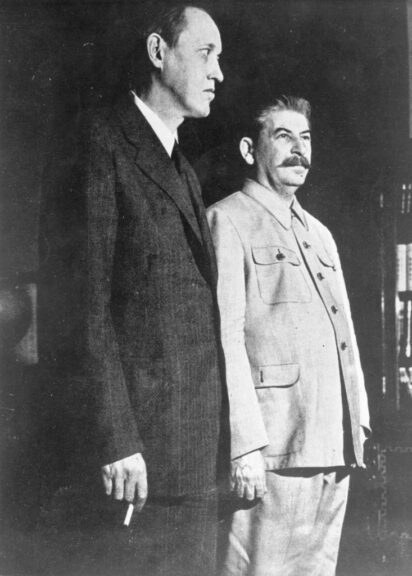
Hulton Archive/Getty Images
But he was FDR’s man. Someone to whom he’d effectively given a sort of presidential power of attorney to speak on his behalf throughout the war to such important allies and world leaders as Stalin and Churchill, and to decide matters that could affect the fates of millions across four continents, while the physically deteriorating president stayed back in Washington. Hopkins was also appointed to head the $11.3 billion Lend-Lease program to aid the Allies, and became a member of the War Production Board and the Pacific War Council. But he functioned mainly as the president’s intimate, and unelected, advisor.
This was some serious power placed courtesy of the president into the hands of one man, an unelected administrator. Indeed, Hopkins wielded much more de facto power under FDR than Elon Musk does under Donald Trump today. The tech billionaire’s unsalaried role as the head of DOGE is to recommend to the president actions he might take to root out government waste, fraud and abuse, and nothing more. As per the historical record, no one “voted” for Hopkins any more than they voted for Musk — a common complaint from a Democrat Party that has not been so bewildered by a total loss of power since Appomattox.
Unlike President Trump, Roosevelt never openly campaigned on giving Hopkins, who also served as his 1940 campaign manager, such an integral role in the center of his administration. And yet, there were no GOP lawmakers making fools of themselves, a la Chuck Schumer today, through cringe-worthy grandstanding by shrieking over any perceived threat Hopkins posed to the health and safety of our sacred Democracy.
While Hopkins was pushing his cancer-riddled body to the breaking point in his global travels on behalf of his closest friend, other unelected men who would also wield awesome power and authority granted by Roosevelt were hard at work back home shifting the USA’s manufacturing base to a war footing.
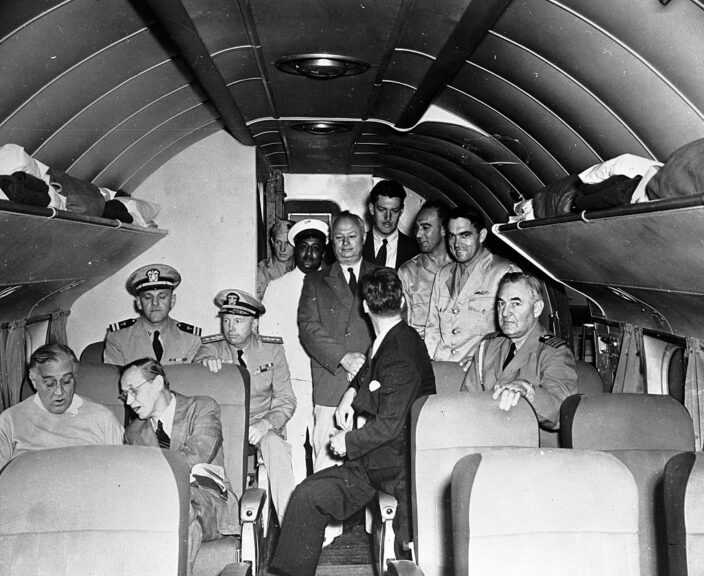
Homeward bound from the Casablanca Conference of 1943, President Roosevelt is shown in animated conference with Harry Hopkins. Getty Images.
This was not an easy task for FDR, a neo-socialist, whose isolationist stance stalled America’s response as war clouds brewed overseas. His ideological antipathy towards pure capitalism caused the U.S. government to do everything it could to hinder war production through activist policies that capped profits on war materials, and banned the sale of arms to foreign powers. By 1940, Roosevelt had effectively destroyed the U.S. defense industry. All this while malevolent nations like Germany and Japan were on the march.
It is difficult for us today to imagine how weak the United States military was leading up to the Second World War. At its outbreak in 1939, the U.S. fielded less than 175,000 troops, ranking 19th in the world and behind such global powerhouses as Portugal. In fact, in 1940 FDR was advised that Nazi Germany — which was by then Blitzkreiging its way across Scandinavia, the Low Countries and the mighty France — might only need five divisions to take over much of the country. The administration was suddenly faced with a difficult choice: bring back the war economy, or risk invasion.
Gen. George Marshall, FDR’s Joint Chiefs head, told him in no uncertain terms that the U.S. government could not prepare the nation for war and then execute production on its own. He therefore urged Roosevelt to bring in the industrialists if this mammoth mobilization effort was to succeed. Says Dr. Stephen Davies of the Institute of Economic Affairs, “There was no large army, there was virtually no air force. It all had to be created from scratch in almost no time at all, and the administration, the government, recognized very realistically that there was just no way they could do this themselves. What they had to do was to reach out to private industry, the private sector, and divert it to the war effort.”
Roosevelt saw the light. Says historian and pilot Randy Hotton, “Roosevelt said ‘I want the top manufacturing guys in this country.’ And one of his top advisors said, ‘Number one is Bill Knudsen of General Motors. Number two is Bill Knudsen of General Motors.’ And we can all guess who number three was.” Knudsen ended up flying in the face of the administration’s and other war economies’ dicta by keeping the U.S. war economy unplanned, unfettered, open, and allowing defense industries to turn a profit.

William S. Knudsen, President of General Motors Corp (right). Harris & Ewing, photographer, Public domain, via Wikimedia Commons
Hopefully by now the reader sees a parallel between Roosevelt’s actions in delegating authority in the 1940s to affect a specific outcome — overhaul the war effort while bestowing upon unelected officials enormous power to affect real change both domestic and abroad — and what Trump is doing today in his empowering a man he trusts in Elon Musk, and those also unelected DOGE whiz kids, to massively overhaul our own federal government.
The Democrat Party is so pathetically lost, so out-of-touch, so confused that they are desperate for any issue to use as a differentiator between them and the Trump-enabled wrecking ball laying waste to their carefully constructed edifice of waste, fraud and abuse. So they have turned their vocal and crazed minority loose on their newest impediments to maintaining power: Elon Musk, “Big Balls,” and the DOGE crew. They claim DOGE is behaving in an “unconstitutional” even “illegal” manner. Why? Because, as Senator Elizabeth Warren screeched with an interesting choice of grammar for a Harvard professor, “No one elected Elon Musk to nothing!”
As the examples above show, when faced with a far more daunting task than rooting out government waste, even Roosevelt, among the most Left-wing of presidents, did not keep the task of winning the war within government alone, but rather brought in top men from the private sector to do the job that the federal bureaucracy simply could not be entrusted to do. Knudsen’s National Defense Research Committee and Office of Production Management was to the 1940s what DOGE is today. And the GM CEO then was the Tesla CEO of his day. And like Musk, Knudsen was even an immigrant!
The enemy these two extraordinary men, along with Hopkins on the other side of the Atlantic, were mobilized to defeat may be different — Roosevelt’s team faced an external threat in the Axis, whereas Trump’s crew faces the internal threat of a far-reaching, ingrained web of Deep State corruption and waste. But the underlying idea of bringing on top private sector minds in a particular field (manufacturing in 1940, coding and AI search algorithms in 2025) to most efficiently perform a vital, indeed existential service to the country, even though no one elected them, is a model that has been tried before, and has succeeded with stunning results.
The Democrats know this, of course, don’t they? Ignorance can be rectified, but deep-seeded corruption, mendacity, lust for power and reliance on theft for one’s income is a harder course to change.
And as for Musk’s seeming “co-presidency” as Time magazine’s latest cover showing the Tesla/SpaceX CEO sitting behind Trump’s Resolute Desk implies, all I can say is there have been no private citizens in modern history with more power bestowed upon them by an American president, a Democrat icon no less, than Harry Hopkins and William Knudsen. Even the rabid isolationist Henry Ford got on board after Pearl Harbor.
These men, who were akin to the Musk, Zuckerberg, and Bezos of their day, had very prominent seats at the Roosevelt administration table in order to tackle problems that were simply beyond an entrenched, ideological Federal administrative state. And not only did the nation survive, it thrived. We won the war and came out on the other side as the economic colossus of the world. Courtesy of the diligent and invaluable efforts of many patriotic, if unelected, titans of their day.
* * *
Brad Schaeffer is a commodities fund manager, author, and columnist whose articles have appeared on the pages of The Daily Wire, The Wall Street Journal, NY Post, NY Daily News, National Review, The Hill, The Federalist, Zerohedge, and other outlets. He is the author of three books. Follow him on Substack and X/Twitter.
The views expressed in this piece are those of the author and do not necessarily represent those of The Daily Wire.
Originally Published at Daily Wire, Daily Signal, or The Blaze
What's Your Reaction?
 Like
0
Like
0
 Dislike
0
Dislike
0
 Love
0
Love
0
 Funny
0
Funny
0
 Angry
0
Angry
0
 Sad
0
Sad
0
 Wow
0
Wow
0
